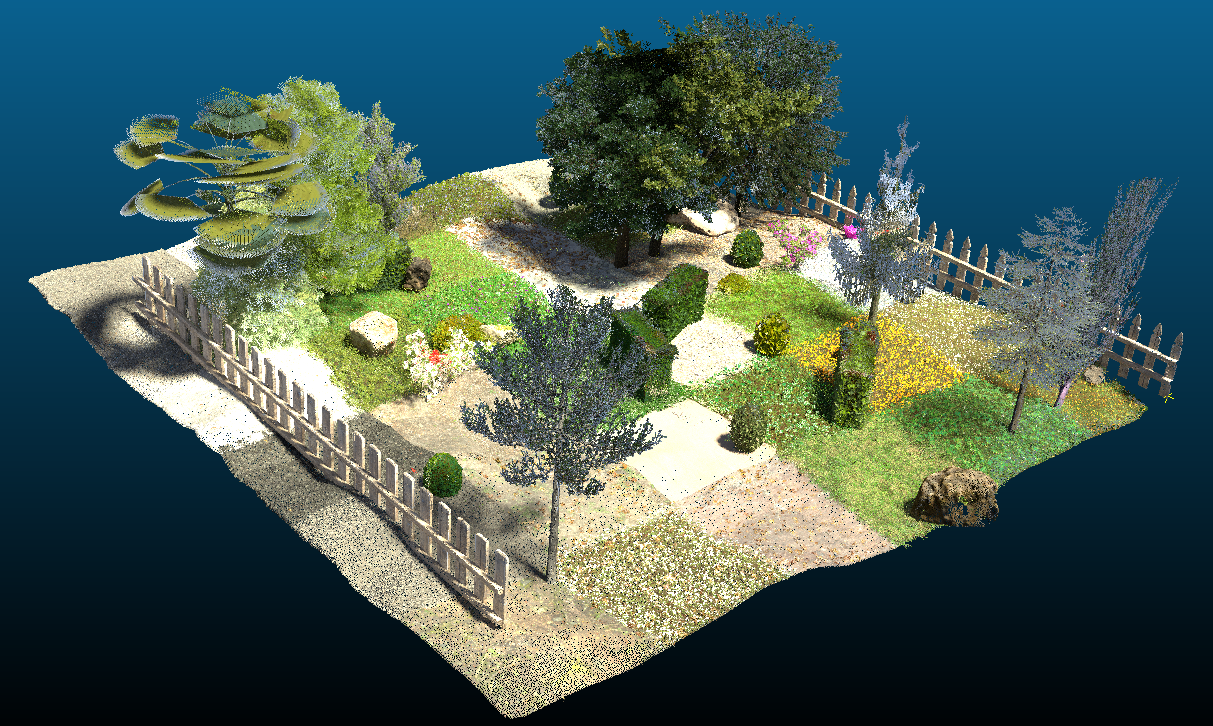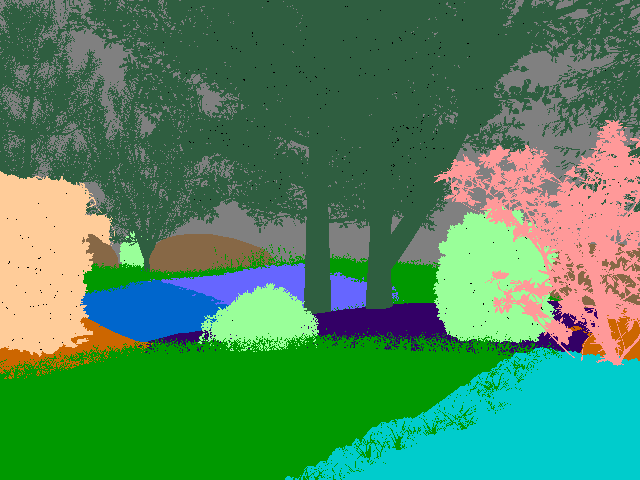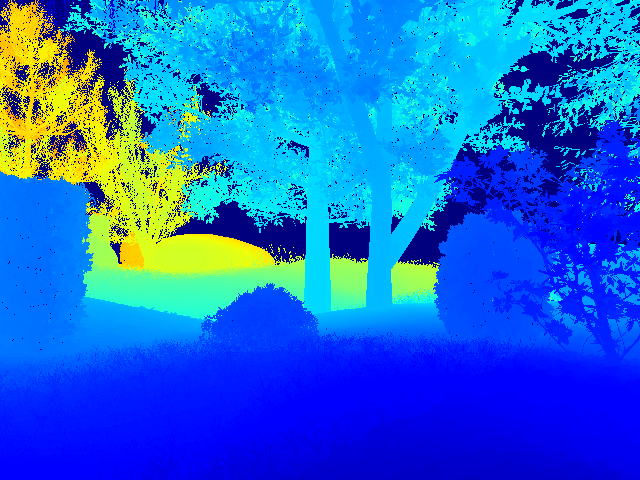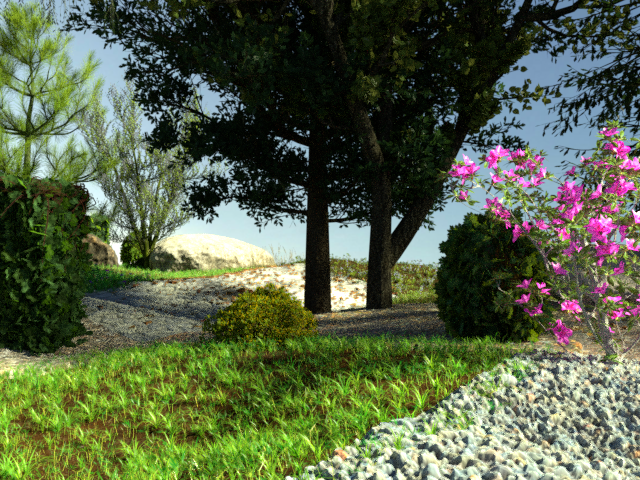Hoang-An's Story
Hoang-An Le
PhD Research
University of Amsterdam
Area of research:
Deep Learning + Semantic Segmentation

Computers fascinated me as a child. Actually when I think about it, it was the automation specifically that fascinated me: I remember when I discovered typing on a computer. It seemed so magical to me. I could write faster than writing things out cursive. I could take what I had written and print it out. I could add design effects to it. It seemed so futuristic! It drew me in at once.
Also as a child I didn't think that I would ever travel outside of Vietnam. As it turned out, I was awarded an Eiffel Scholarship to study at Télécom ParisTech, one of France's prestigious Grandes Écoles. Then I was selected for an internship at the University of Illinois at Urbana-Champaign (UIUC). Now I am at the University of Amsterdam. I sometime say I was lucky. Thanks to the development of technology, people are drawn together, as users or developers, to benefit from or to improve it. It is the connection in ideas and share of knowledge thatjoins people from around the world and provides possibility to the impossibilities. Technology, in turn, benefits from different things that happen to different people at different times to eventually bring people together in a moment in time for a project.
Of course there are challenges but my challenges have ultimately strengthened me. When I was a teenager, I didn't get a place on a fast track study programme at a high school that specialised in computer science. It seemed like a set back at the time because it forced me into a slower study path, but actually that more moderately paced route gave me time to nurture my maths and my English. In Vietnam we are taught English in school from a young age, but I really wouldn't say I was good at it. By the time I was doing my undergraduate degree, I was prepared. I was introduced to and joined a collaborative Bachelor program with an American university where all the courses was given in English. Then, at the end of my study in France, France could have been easier for me to stay in because I already had a grasp of English and French. Instead I applied to Amsterdam. Computer science has taken me on an adventure from human-computer interaction, to signal processing, multimedia and finally to computer vision. My work on computer vision has led me to Artificial Intelligence. Being here in Amsterdam is giving me the opportunity to study in-depth computer vision and deep learning - which is exactly what I want to work on.

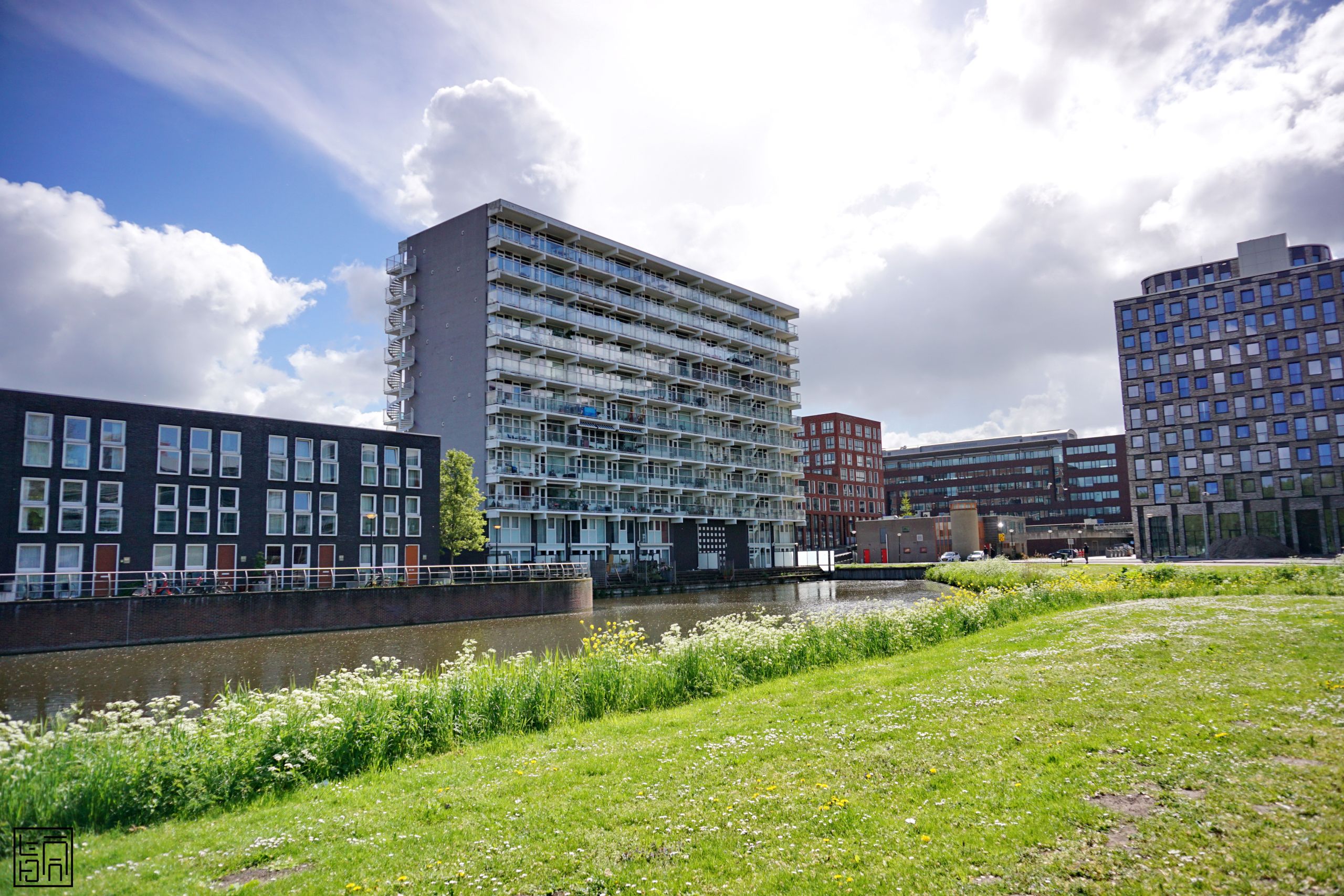
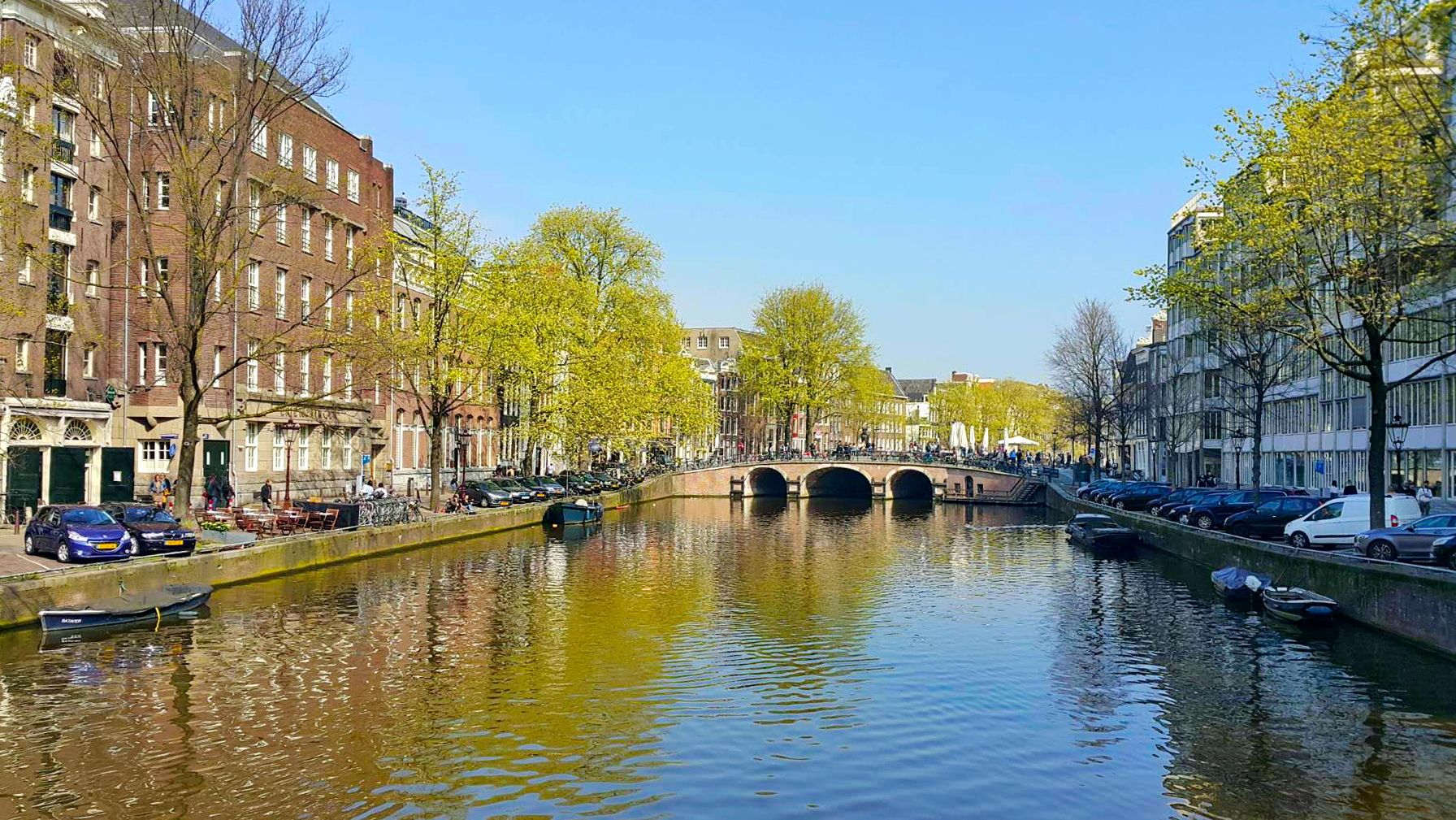
The best thing about this field is to be involved in something very new and exciting - in a field of research that we're seeing the world look toward, to be a part of this history. I think that AI and automation are the future and there's no corner of the world that won't need them and benefit from them. Just like steam powered machines changed the quality of life for people before, AI and automation have the potential to do the same. They can improve the quality of work and environments and perform repetitive tasks, so that we can do the things that machines can never do: care for and love people.
As someone who started in Ho Chi Minh city, I have not seen much equal distribution and access of technology. Back in 2010 when the first Kinect device came out for around $100, my research group in Vietnam had access to one device, and we treated it as a very precious item. Later, in 2012-2014 when I was in France, I saw that every research group there had its own Kinect device. That's a type of disparity in access to technology that research like ours on the TrimBot2020 project is contributing to closing one day. I believe our work on the TrimBot2020 project - of creating robot vision and meaning for machines using just cheap cameras is I think wide reaching. One day this research - or iterations and evolutions of it, will be accessible to people - something that people anywhere will easily afford, and that will make their lives better. These are historic events that are going to one day change how the world works and how we live as people could be different. That's very exciting to be a part of.
